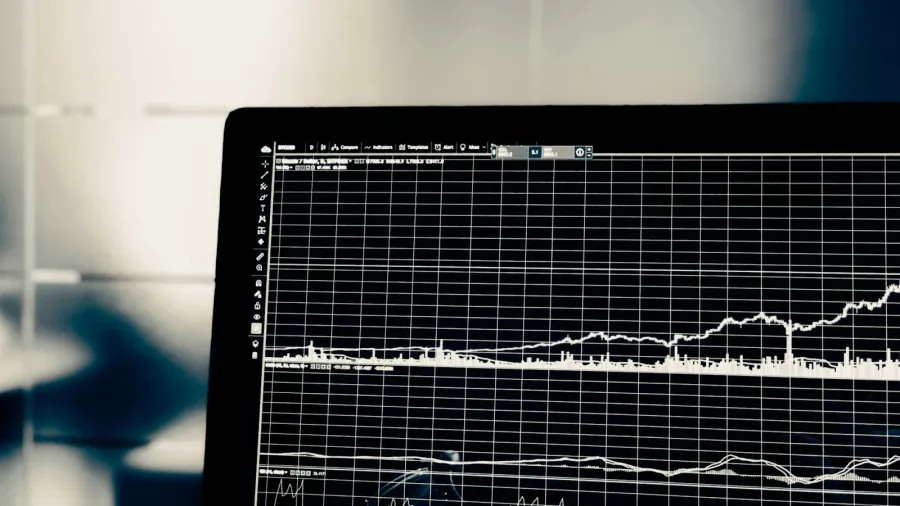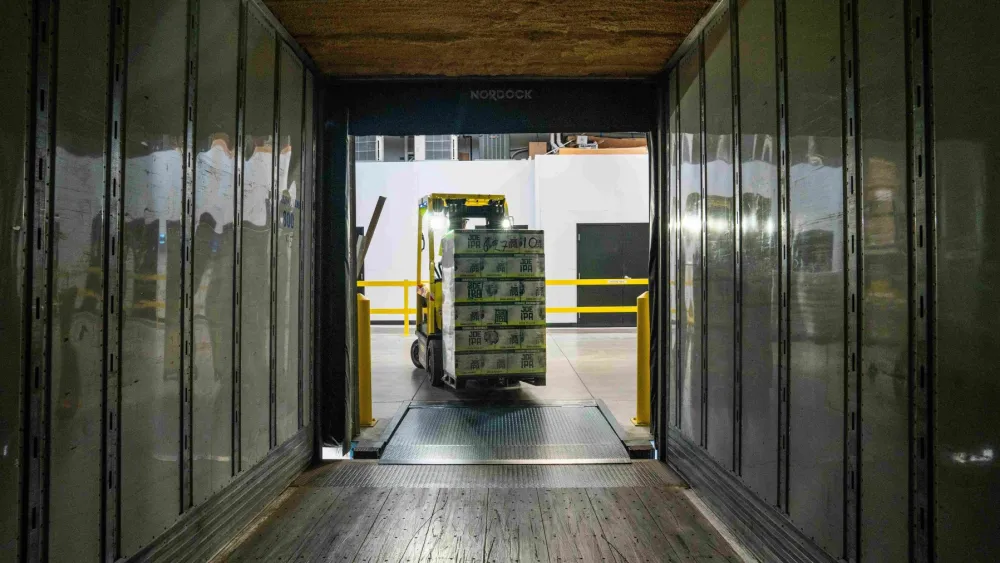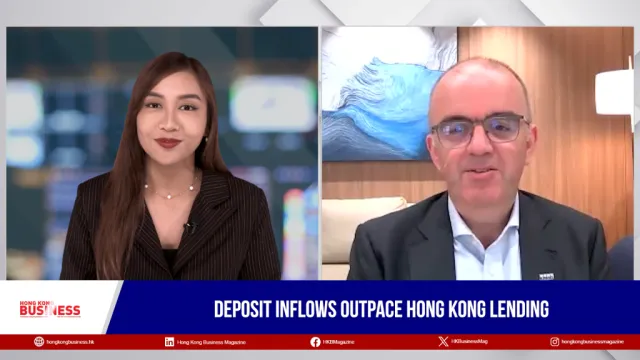
Hang Seng Index down 13% as Asian equities plunge to multi-year lows
The intensifying US-China tariff standoff on escalating recession fears, an analyst said.
The Hang Seng Index logged a double digit decline on 7 April 2025 on the back of an escalating tariff standoff between the US and China, as well as tariffs imposed by US President Trump on all imports.
As of 16:08 HKT, the HSI has dropped by 13.74% or -3,139.55 to 19,710.26.
The Hang Seng China Enterprises Index, meanwhile, is down 13.75% or -1,157.42 to 7,262.72; and the Hang Seng Composite Index has fallen 13.64% to 2,931.73.
This is one of the HSI’s steepest declines in recent years, according to Murthy Grandhi, Company Profiles Analyst at GlobalData.
Hong Kong is not alone in this regard— all major Asian markets experienced losses.
China’s CSI300 and Shanghai Composite witnessed significant losses, driven by sharp selloffs in major tech names like Alibaba and Tencent.
“Asian equities suffered their worst rout in years, plunging to multi-year lows in a day marked by panic and uncertainty,” Grandhi said.
“Global financial markets were rocked on Monday by a widespread sell-off, as escalating recession fears and a sudden tariff standoff between the US and China sent shockwaves across major economies,” he added.
US President Trump announced ‘reciprocal tariffs’ on 4 April, with China receiving a 34% tariff on top of the 20% tariff the US has already imposed on its imports earlier in 2025.
In response, China announced retaliatory tariffs of 70% on all US goods.
If implemented, this would be tantamount to trade decoupling, with huge consequences for global supply chains, warned Alicia Garcia Herrero, Natixis Chief Economist Asia Pacific.
“China was forced into a corner given the size and full coverage of US import tariffs,” Garcia-Herrero said.
China does have leverage to retaliate, she said.
“At this stage, mutual trust between China and the U.S. has vanished. The issue goes beyond tariffs, with growing geopolitical tensions—such as the recent Panama port developments— fueling the standoff,” Garcia-Herrero said, adding that both sides are likely to prolong the economic stand-off based on self-interest.
Europe has also indicated that they will retaliate, although Garcia-Herrero believes that they will likely not react the same way China did.
“Its leverage with the US is simply too small given how much it depends for security but also critical infrastructure, like cloud, artificial intelligence, etcetera,” she wrote.
Instead, European countries are likely to become more cautious about a surge of Chinese imports that could threaten domestic industries, she said.
Apart from China and Europe, Japan’s Nikkei 225 and the broader Topix index have both also plunged sharply, with all constituents in the red, prompting a brief halt in futures trading as circuit breakers kicked in, GlobalData’s Grandhi said.



















 Advertise
Advertise










